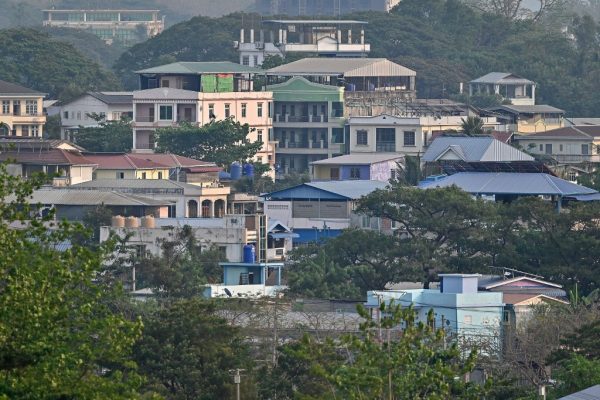OP-ED: England’s unfriendly travel regulations

It seems unbelievable that England has put in place a discriminatory policy that refuses to accept COVID-19 jabs given in countries in Latin American, Africa and South and Southeast Asia. The government of Prime Minister Boris Johnson is showing its dark side by recognising only shots given in a select group of countries.
According to the new rules, anybody visiting England must be fully inoculated with Astra Zeneca, Pfizer, Moderna or Janssen vaccines. These must, however, have been administrated in the US, Australia, New Zealand, South Korea or an EU member country for the recipient to be considered to be fully vaccinated and exempt from quarantine.
Problem is that, those vaccinated with the same brands in Africa, Latin America or, say, in India, to name but a few, will not be considered fully vaccinated and must enter quarantine for 10 days. The new policy is affecting hundreds of Thai families, whose children are going to study in England’s schools and universities. They have to undergo 10 days of quarantine, even though they have been fully vaccinated. Thailand signed an agreement to produce the AstraZeneca vaccine under license last October and has been using it to inoculate its population since early June. As of September 13th, a total of 19.5 million doses of AstraZeneca have been administrated in Thailand.
In contrast, other countries in Southeast Asia are planning to open to regional and global travellers soon. In the near future, individuals who can provide proof of being fully vaccinated will able to travel within the region without quarantine. Of course, there are still some minor details that have to be ironed out. In recent weeks, all ASEAN members have rolled out vaccines, to ensure that they achieve herd immunity before the end of the year. ASEAN has already allocated US$10.5 million, from its COVID-19 Response Fund, to purchase vaccines from COVAX, which is administered by the World Health Organization. It is hoped that each ASEAN member country will receive an additional one million doses of vaccines by the end of the year under this program.
In the case of Thailand, fully vaccinated foreign tourists are already visiting Phuket without quarantine. The so-called “Phuket Sandbox” model will be used for the opening of other provinces next month.
London’s treatment of foreign visitors will discourage future travellers, especially those from Southeast Asia, from visiting the country. There are many alternative destinations in Europe.
As a new dialogue partner, ASEAN expects the UK to treat visitors from ASEAN with respect. In April, the UK was admitted as a dialogue partner of ASEAN, after a 30-year moratorium. ASEAN leaders ignored other countries’ applications and opted for the UK. Sadly, the British media broadly failed to write about the country’s admission as a dialogue partner or the significance of such an association. In a nutshell, ASEAN does not appear to matter in the public arena over there. The UK government should spend time raising awareness of the media and public about this 54-year old regional association and its benefits.
ASEAN was also disappointed in the UK for its failure to inform the bloc about the AUKUS military alliance with the US and Australia. As might have been expected, some ASEAN members were flabbergasted and expressed negative views. The UK owes several explanations to the region if it expects to play a regional role.
by Kavi Chongkittavorn






